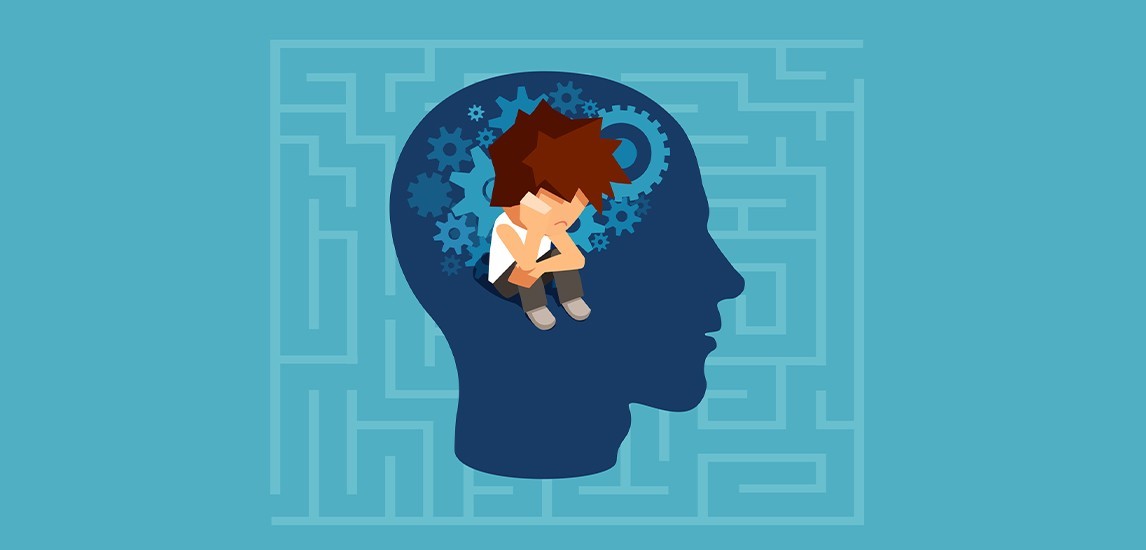Children are usually enthusiastic and full of energy. They enjoy physical activities more like playing, hopping, running, etc. Though these activities consume a lot of energy, indulging in such physical activities is normal for children. However, if you find a child who is repeatedly fidgeting and seems to have endless energy and if this kind of behaviour disrupts the child’s daily activities and learning then the child might be having symptoms of ADHD!
In clinical terms, ADHD is Attention Deficit Hyperactivity Disorder. As the name suggests, children/persons with ADHD have attention deficit, which means difficulty in paying attention for a long time. Their attention span is too small and they get bored often as they lose interest quickly.
The name also suggests that person with ADHD is hyperactive. It means they perform excess of unnecessary activities, for e.g. continuous fidgeting, jumping endlessly, banging, etc. Person with ADHD can also be impulsive. You may find these children/persons blurt out the answers before the question is completed or blurt inappropriate comments. You may observe impulsivity even in the way they talk or act.

Types of ADHD –
There are three types:
- The first is Inattentive type. In this the person dominantly shows signs of inattention and has more difficulties in focusing.
- Second is Hyperactive/Impulsive type. In this type the person dominantly shows signs of hyperactivity/impulsivity. The person is unnecessarily jumpy, impatient or brash.
- The last is Mixed or Combined type. In this type the person has mixed symptoms of both the above types.
Symptoms of ADHD begin in early stages of childhood. They continue even throughout adulthood or can be seen throughout life. ADHD is a neurodevelopmental condition and it is chronic in nature. Chronic is one that lasts for a very long time. ADHD cannot be ‘cured’ as it is condition of the brain. Treatment of ADHD can be threefold and includes medicines which reduce the hyperactivity, therapy for modifying behaviour and strategies for effective learning. Diagnosis of ADHD is given by the Mental Health Professional (MHP). Before giving the diagnosis, other factors such as sensory problems, sleep disorders, side effects of medicines, gastrointestinal problems, etc. are ruled out. These factors also sometimes cause ADHD like symptoms; hence they need to be ruled out first.
Let us see a Case Study:
Tim is four (04) years old. He goes to pre-school. He often leaves his seat when the teacher is not looking at him. He stands on the table and jumps off several times till not stopped. If the teacher makes it a compulsion to sit on his chair, then he starts fidgeting in his chair after a few minutes and finds it really uncomfortable to sit in one place. Tim is showing symptoms of ADHD. He must be referred to Mental Health Professional for diagnosis. Special teaching or remedial teaching can be started before the diagnosis or as soon as after identifying the child with such symptoms.
As we can see ADHD is a neurodevelopmental condition for which medical consultation is highly recommended. To learn more about ADHD and its Management there are specially designed courses available.
